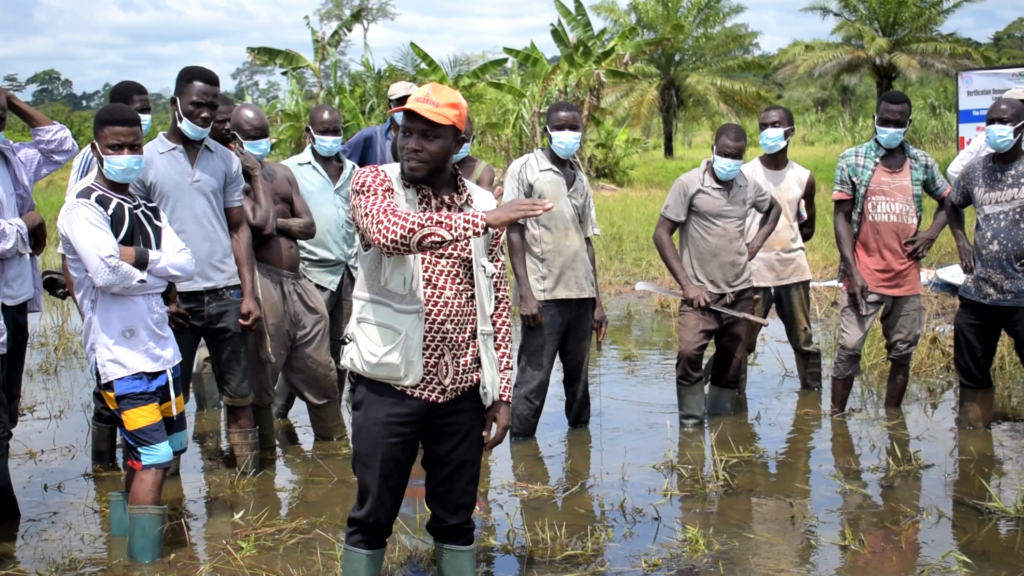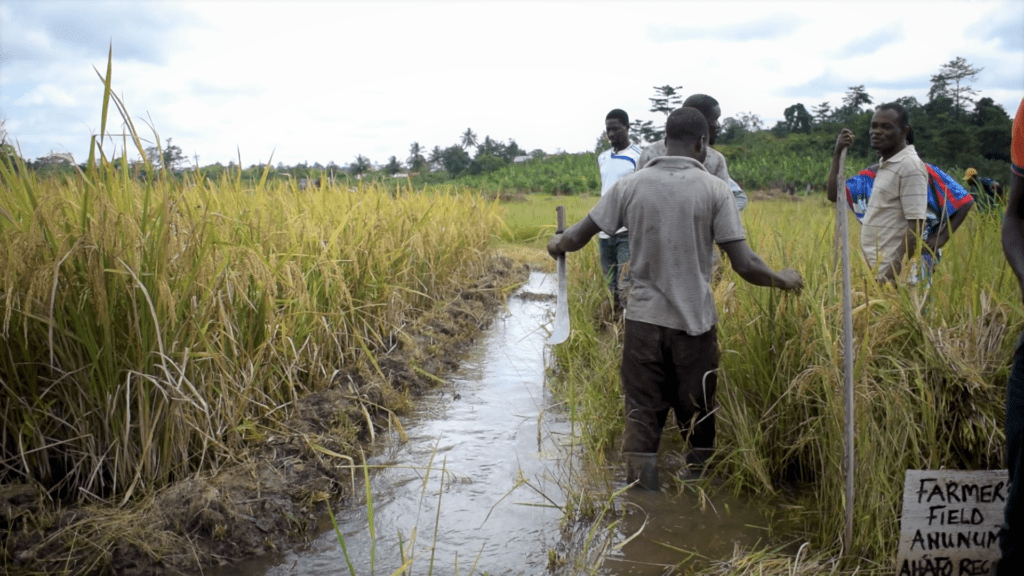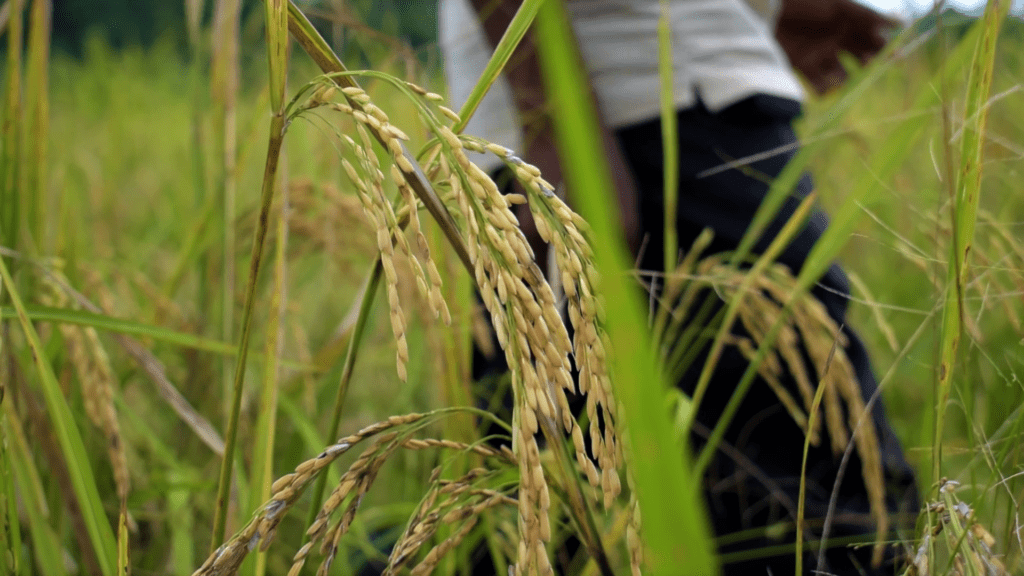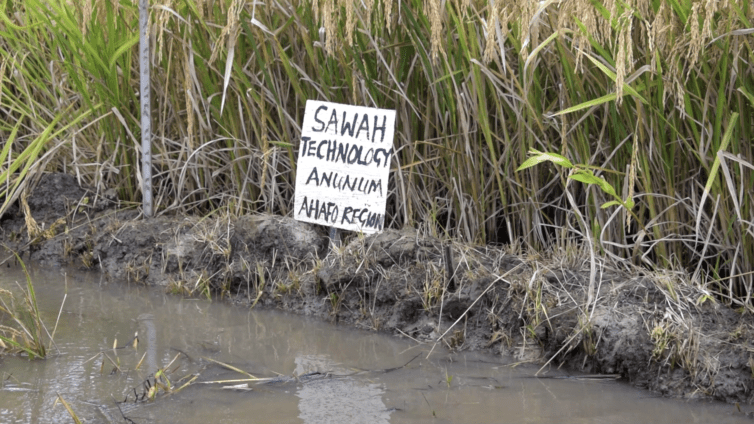Ghana imports more than $400 million worth of rice annually to supplement local production.
To reduce rice importation, the Soil Research Institute of the Council for Scientific and Industrial Research is educating farmers on a new technology to increase rice yields and cultivation in Ghana.
Rice consumption in Ghana has increased from 38 to 63 kg per person between 2008 and 2018. However, the current rice production meets less than 40% of the consumption requirement in Ghana.
The introduction of the SAWAH technology by the CSIR-SRI will increase rice production at Asutifi South District in the Ahafo region.
Research scientist at the Soil Research Institute, Dr Ephraim Sekyi-Annan, said, “The low grain yield is due to multiple constraints including poor land management, inappropriate water management, ineffective fertilizer management, post-harvest losses and rainfall variability due to climate change.”

He continued that, “To increase productivity, reverse the pattern of production of low rice yields and subsequently the high annual rice importation, there is the need to boost rice production in Ghana by adopting the SAWAH technology.”
The SAWAH technology is the integrated management of land, water and fertilizer for increased rice production. The adoption of the technology leads to the production of more paddy rice.

The research scientist believes “Ghana has the potential to become rice sufficient if the technology is used efficiently.
“We have about 700,000 hectares of low lands in Ghana where we can produce rice,” he emphasized.
The Modernizing Agriculture in Ghana (MAG) initiative improves food security and makes the agricultural sector modern, equitable, and sustainable.

The Regional Director of Agriculture, Kingsford Nyame, promised to provide machinery to support farmers in the Ahafo region to increase rice yields.
“Rice is an emerging crop; that is why we are encouraging farmers to adopt the technology. We have an Agric Mechanization Center where farmers can hire machines for farming operations, but the government will support them with more machines,” he said.
Some farmers who benefitted from the project lauded the institution for the technology.
“After the verification demonstration on the SAWAH technology was done on my farm, I have noticed that it has increased my rice yields,” Mr Boafo noted.
Latest Stories
-
Bawumia’s 8 minutes elite ball that zapped the energy of trigger happy politicians
36 minutes -
It will be a betrayal if National Cathedral saga does not feature in ORAL’s work – Ablakwa
46 minutes -
‘It’s unfortunate we had to protect the public purse from Akufo-Addo’ – Ablakwa on ORAL Team’s mission
1 hour -
Congo lawyers say Apple’s supply chain statement must be verified
2 hours -
Stampede in southwestern Nigerian city causes multiple deaths
2 hours -
Tens of thousands without water in Mayotte as curfew brought in
3 hours -
ORAL: We won’t witch-hunt, we’ll focus on transparency, not revenge – Ablakwa
3 hours -
Attempted robbery: Accused claims he carried cutlass for protection
3 hours -
Excavator operator jailed for stealing
3 hours -
African fans age-shame me for putting on some outfits – Tiwa Savage
4 hours -
Tiwa Savage criticised by female fans for stance on cheating in relationships
4 hours -
Bank of England expected to hold interest rates
4 hours -
Congo river boat sinks killing at least 22
4 hours -
Nigeria approves Shell’s $2.4 billion asset sale to Renaissance
4 hours -
Embattled Liberian speaker questioned by police over parliament fire
5 hours

